Sri Lanka urged to scrap draconian PTA without replacing it, says civil society coalition
More than 240 civil society actors, backed by FORUM-ASIA, have called on Sri Lanka’s government to repeal the Prevention of Terrorism Act (PTA) in full, warning that replacing it with another restrictive law would betray election promises and undermine human rights.
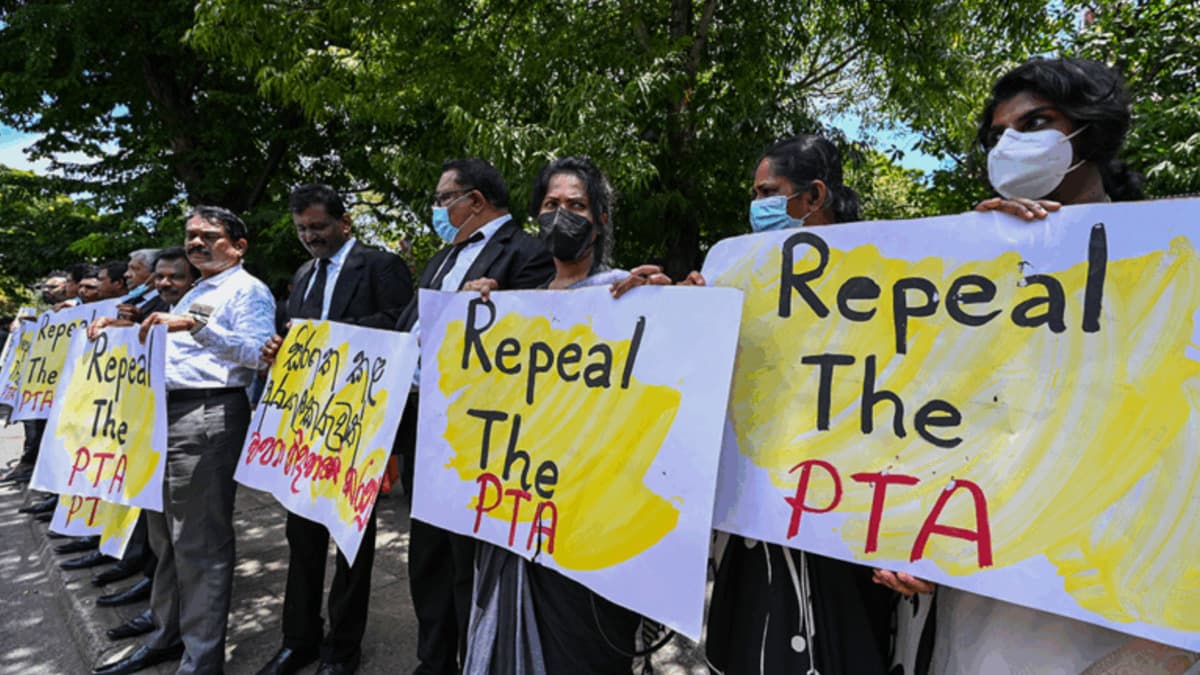
- Over 240 civil society actors signed a letter demanding Sri Lanka’s full repeal of the PTA with no replacement.
- The appeal criticised the two-week consultation period as inadequate and insincere.
- The ruling NPP coalition faces backlash for backtracking on its election pledge to repeal the PTA.
- FORUM-ASIA called the government’s approach a “dangerous regression” entrenching authoritarian structures.
- Drafting committee dominated by state and military officials, excluding victims and minorities.
- PTA condemned internationally for enabling detention without trial and coerced confessions.
- Civil society argues existing Penal Code provisions and institutions already address terrorism.
- Demands include moratorium on PTA use, justice for detainees, and reparations for victims.
- The issue is seen as a test of Sri Lanka’s democratic and human rights commitments.
A broad coalition of Sri Lankan civil society groups, supported by the Asian Forum for Human Rights and Development (FORUM-ASIA), has issued a joint appeal demanding the immediate and unconditional repeal of the Prevention of Terrorism Act (PTA). The appeal firmly rejects any attempt to replace the law with what it described as similarly repressive legislation.
The call, signed by over 240 organisations and individuals—including lawyers, trade unions, academics, clergy, human rights defenders, and former detainees—was submitted to the Minister of Justice in response to a public consultation notice issued on 16 May 2025. That notice gave citizens just two weeks to provide feedback on both the repeal of the PTA and the drafting of new counter-terrorism legislation.
Signatories criticised the truncated timeline as evidence of a process lacking sincerity and inclusivity. They questioned the legitimacy of reforms carried out without the meaningful participation of survivors, minority communities, or independent civil society.
The letter expressed deep disappointment with the ruling National People’s Power (NPP) coalition, which had campaigned on a platform of transparency and human rights. One of its central pledges during the election was the complete repeal of the PTA. “The unqualified promise to repeal the draconian PTA by the NPP is being hedged now that the Party is in Government,” the statement said.
FORUM-ASIA echoed this frustration, warning that introducing a replacement law would not constitute reform but a “dangerous regression” that entrenches authoritarian structures. Its executive director, Mary Aileen Diez-Bacalso, cautioned that the current drafting process appears designed to preserve excessive state powers rather than dismantle them.
Concerns were also raised over the composition of the drafting committee, which is dominated by state and military officials. The absence of representation from victims, grassroots organisations, or minority groups reinforced fears that the reform process lacks credibility and balance.
The PTA, first enacted in 1979 as a temporary measure to address armed conflict, has remained in force for more than four decades. It has been widely condemned for enabling arbitrary detention without trial, reliance on coerced confessions, and sweeping powers granted to the executive. International and domestic watchdogs—including the United Nations Human Rights Council and the Human Rights Commission of Sri Lanka—have consistently called for its repeal. In 2022, the national commission concluded that the PTA was fundamentally incompatible with the rule of law.
Civil society actors argue that a replacement is unnecessary because Sri Lanka already has an extensive legal framework capable of addressing terrorism-related crimes. At least 15 provisions under the Penal Code and other statutes can be applied, alongside existing institutions such as the Counter Terrorism Investigation Division, the National Intelligence Service, and the Financial Intelligence Unit of the Central Bank.
In their letter, the signatories demanded not only the repeal of the PTA but also a moratorium on its use until the process is complete. They urged the government to reject the introduction of any new counter-terrorism legislation, stressing that future laws must not restrict core civil liberties such as the right to protest, assemble, and dissent. The appeal also called for justice for detainees, recommending presidential pardons, withdrawal of baseless charges, and the release of those held solely on coerced confessions.
Beyond legal remedies, the coalition pressed for reparations for victims of the PTA, including formal apologies, financial compensation, medical support, and assistance with livelihoods. Families of detainees who died in custody, they argued, deserve official acknowledgment and redress.
FORUM-ASIA underscored that any genuine reform must be transparent, participatory, and shaped by the experiences of those directly harmed. “Any counter-terrorism initiative must not grant excessive discretionary powers or undermine the democratic right to dissent,” the organisation said.
Civil society has signalled that it will continue to resist any legislation that perpetuates the PTA’s legacy. As Sri Lanka navigates its fragile post-conflict transition, the government’s approach to counter-terrorism law has become a litmus test of its commitment to accountability, inclusivity, and the protection of fundamental rights.



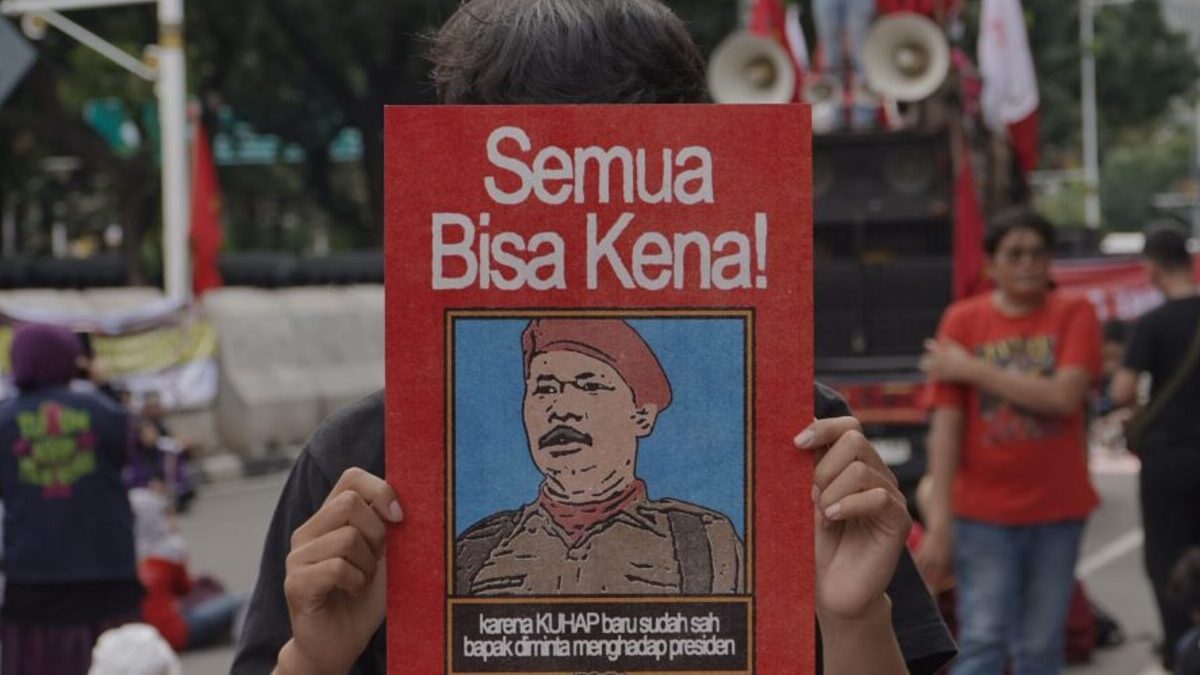
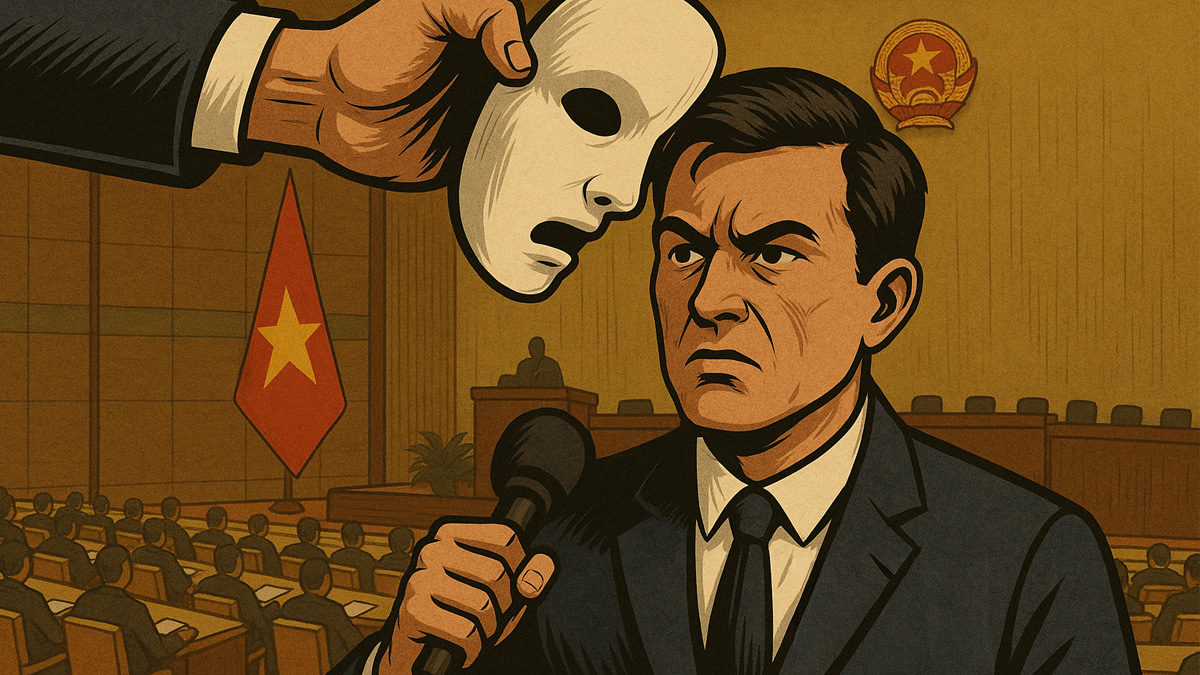
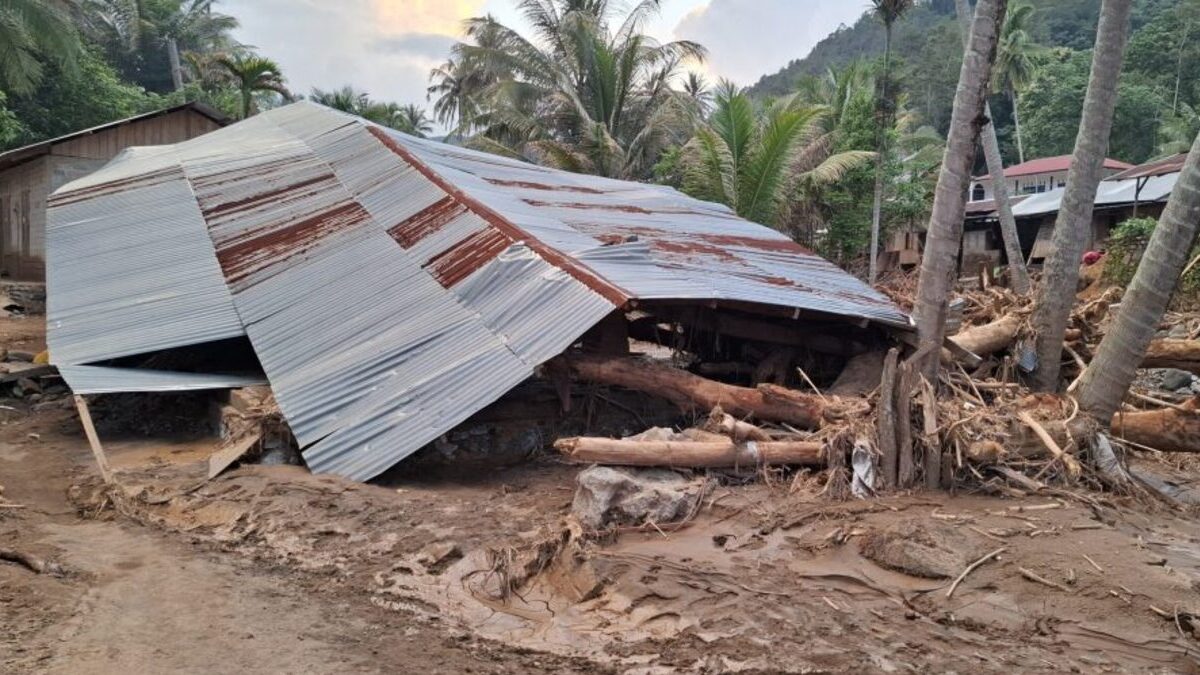
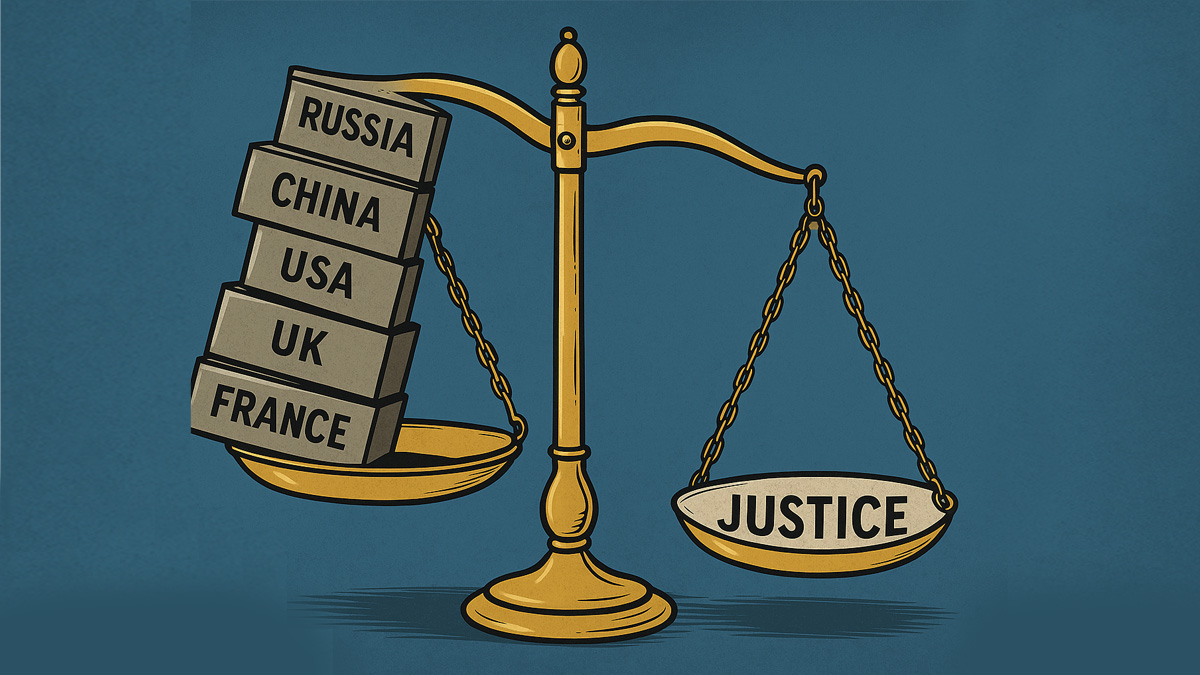
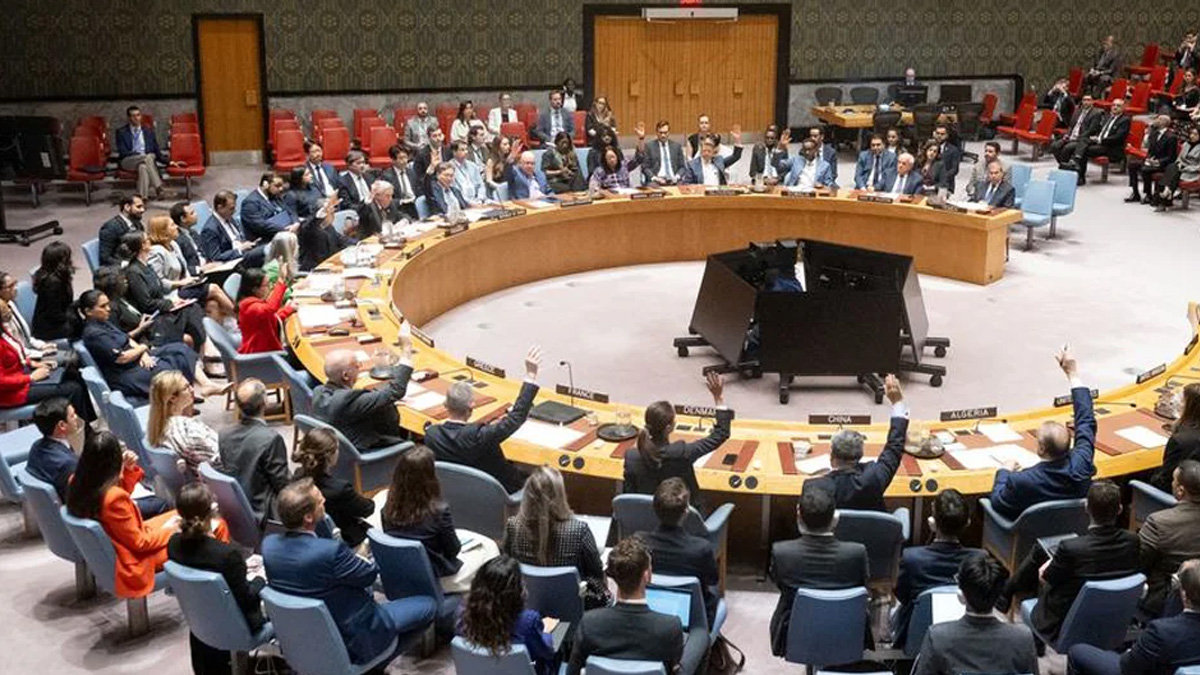
0 Comments